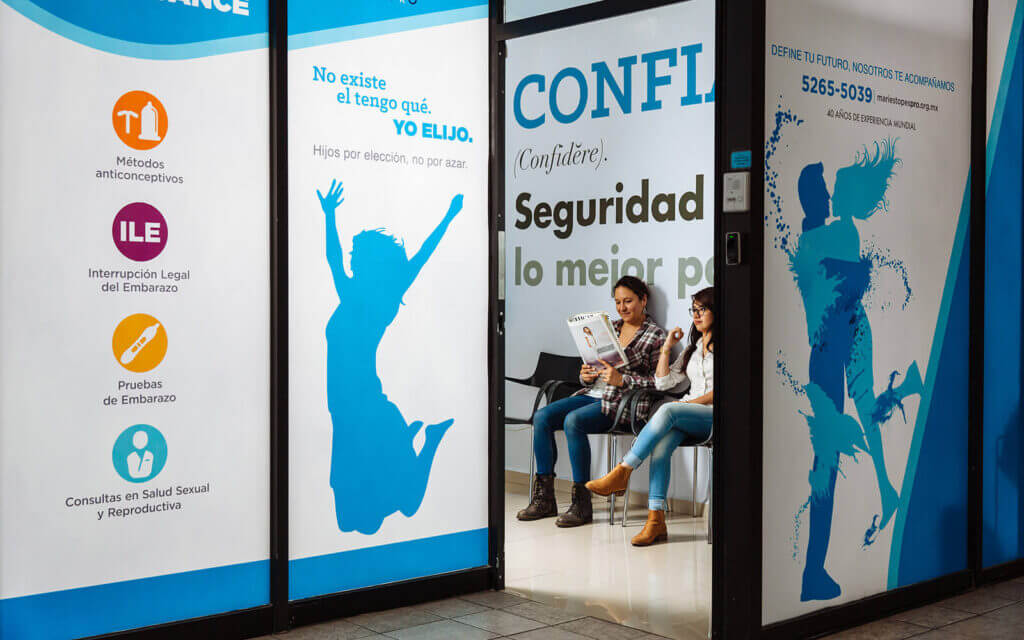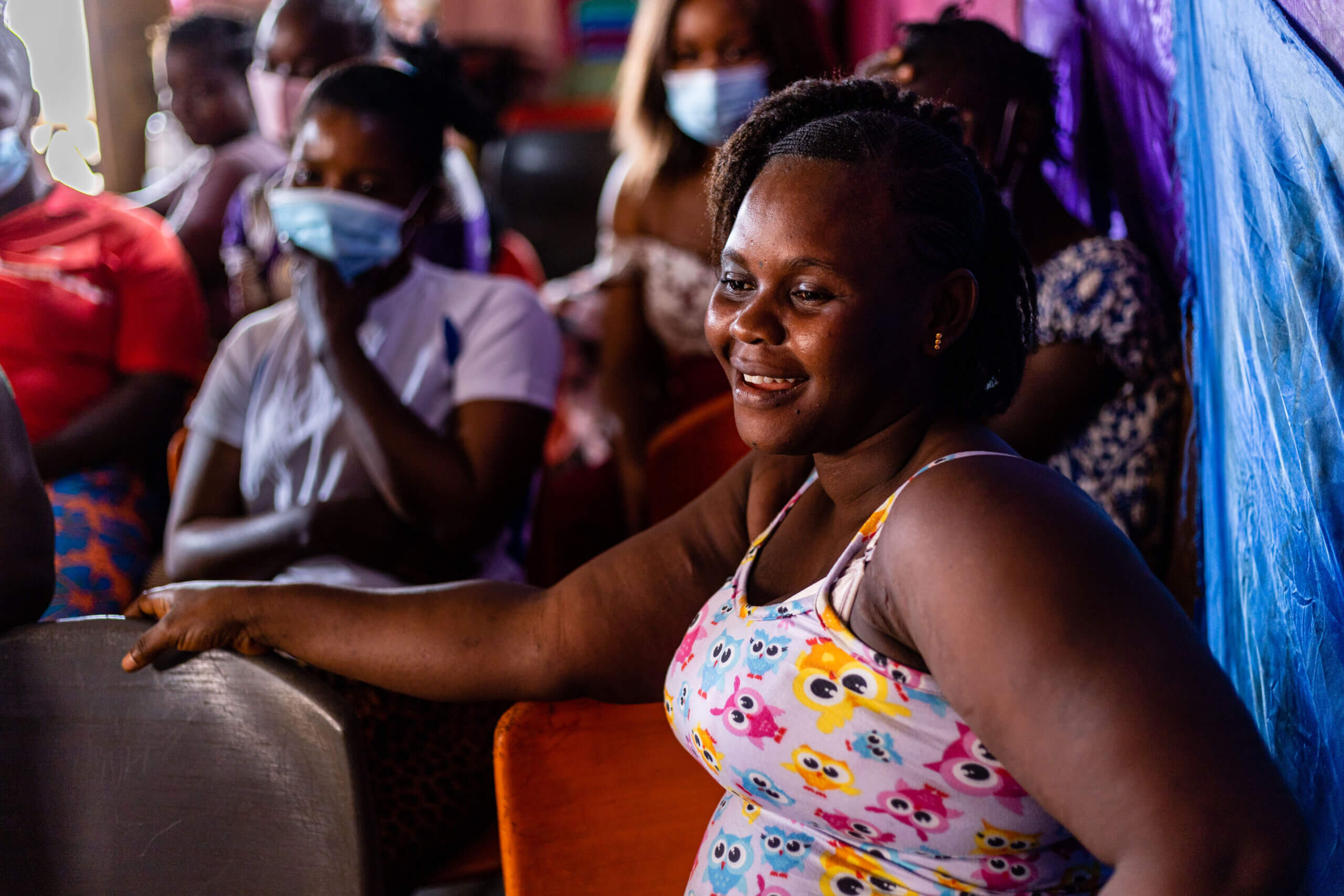Why abortion should be decriminalized
Worldwide, nearly one in three pregnancies ends in abortion—more than half of all unintended pregnancies. It’s an incredibly common part of many women’s lives.
But despite that, many countries criminalize this essential healthcare. And these restrictive laws put women’s lives and health at risk. To protect women’s health and rights, abortion must be decriminalized.
Access to abortion saves lives
Every year, 35 million people make the difficult decision to have an unsafe abortion. They visit clandestine providers using dangerous methods because they don’t know of any other option. In many cases, they never had the chance to visit a safe provider because abortion is illegal where they live or so restricted it’s functionally unavailable.
As a result, an estimated 9 million women face medical complications and 22,800 women die from unsafe procedures. Others face arrest and even imprisonment because they dared to take control of their own bodies.
Deaths from unsafe abortion are entirely preventable, but only if safe options are available. When abortion is legal, doctors can provide care and women can access services safely and without fear of prosecution.
MSI is proud to stand with other global healthcare bodies, including the World Health Organization, the International Federation of Gynecology and Obstetrics and the Royal College of Obstetricians and Gynecologists, in calling for the decriminalization of abortion.

A global movement to make abortion legal and safe
The evidence makes clear that when you restrict access to abortion it doesn’t prevent abortions. It only makes them less safe. In fact, research from the Guttmacher Institute shows that the rate of abortion is the same in countries where it is broadly legal and countries where it is fully prohibited. When abortion is banned, the number of people who die or face injury from pregnancy-related causes rises. For example, in Sub-Saharan Africa, where abortion laws tend to be very restrictive, women are more likely to die from unsafe abortion than anywhere else in the world.
There is no medical reason why abortion should be unsafe. That’s why governments around the world have decided to remove abortion care from criminal law.
We’re proud to have been part of this progress.
In Mexico, MSI has long advocated for the decriminalization of abortion. The movement for abortion rights saw victory in September 2021, when the Mexican Supreme Court of Justice ruled to remove sanctions for abortion from the Mexican criminal code, clearing a path to decriminalize abortion across Mexico.
“At MSI Mexico, we have seen first-hand the damaging impacts that legal restrictions on abortion have had on women’s health, lives and futures. We celebrate the Supreme Court decision to decriminalize abortion in Mexico.”
Araceli Lopez Nava, MSI’s Managing Director for Latin America
Unfortunately, other countries are moving backwards. Since the end of Roe v. Wade in 2022, 14 US states have enacted laws restricting abortion, and many have enacted criminal penalties on doctors who provide abortion care, or even on patients who seek abortion services.
In their most recent Abortion Care Guideline, the World Health Organization called for governments to remove abortion from all penal and criminal laws, ensuring no criminal offences or penalties are applied to those seeking or providing abortion care and ensuring that anyone who has experienced pregnancy lost will not face suspicion when seeking healthcare.
These recommendations align with the challenges and concerns we hear every day from our clients and providers. We need change, now.
What can you do to help decriminalize abortion?
If you agree that abortion is healthcare and does not belong in criminal law, here are three ways you can help:
- Talk to your friends and help us spread the word. Share this page and our explainer content on Instagram and Twitter, to help us build support for decriminalization and subscribe for updates on our progress.
- Get involved in your state’s politics. In the United States, criminal law about abortion is set at the state level. Vote in state elections and contact your state representatives.
- Donate to our global efforts. Across 36 countries, we’re working at a local, regional, and national level to improve reproductive healthcare access and rights. With your help, we can go further.






